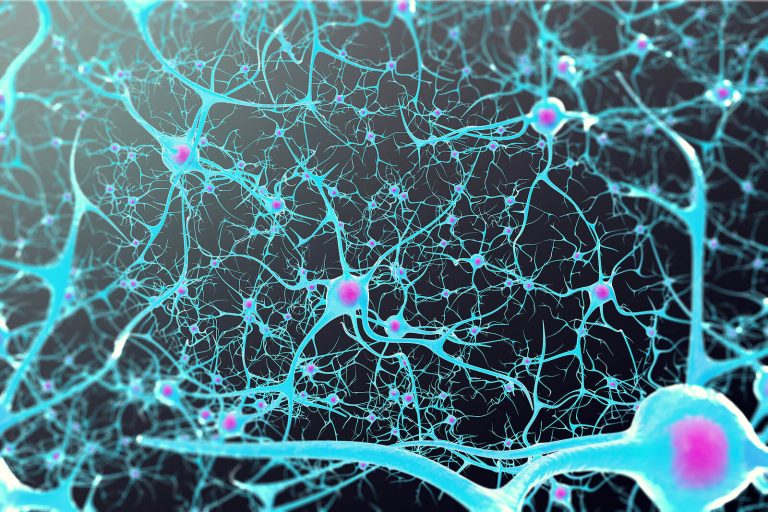Diet and Mental Health

Diet and Mental Health
It’s hard to make the correlation between diet and mental health. How does what we eat impact our mental health? You might think…our friend’s foods and dessert always look so good and it’s so easy to overindulge…. especially during the holidays- but do you ever notice how you feel after a night or even a day of overindulging? It’s easy to remember the physical responses- the stomachaches, the headaches, bloating, feeling lazy and not up to doing much the day after, the overall feeling of blah…but have you ever discovered a change in mood or maybe noticed you’re a little more irritable after overindulging at the dessert table or the open bar? We’ve all heard the saying “you are what you eat” and seen books that talk about the “gut-brain connection,” but how does that even work, especially during a time where there are so many fad diets being talked about? What is that Keto diet anyway and how does it work? Gluten-free? Yeah, right…
Well, the truth of the matter is that what we eat affects our brain, in turn affecting our mood. Food is fuel and the type of food we put into our bodies affects how well our brains function. But how? A lot of this is due to neurotransmitters that are produced in our gut that help regulate mood and appetite. Serotonin is one of them. Since serotonin is produced in our gut and there are millions of “good” bacteria in our gut that influence the neurotransmitters like serotonin, these good bacteria help to activate the neural pathways that travel between the brain and the gut- thus influencing how well our brains function. The research conducted on mental health and diet show that teens with a low-quality diet are at about an 80% increased risk for depression compared with teens who have a whole-foods diet and the risk of ADD (attention deficit disorder) also nearly doubles.
So, what’s considered to be a low-quality diet? A low-quality diet is considered to be a diet high in refined and processed foods as well as foods that are high in saturated fats. Things like fast-food, soda, candy, and fried foods all fall into the low-quality diet category because they do not have much nutritional value. Foods low in nutritional value affect our mental health because they increase inflammation in the body and brain which affects the body’s ability to remove toxins- in turn affecting our brain function and mood. Eating a diet high in vegetables, fruit, whole grains, fish, and vitamins and Omega-3 fatty acids has been shown to greatly reduce the symptoms of depression and reduce inflammation in the body. The recommendation to keep up a healthy diet is to keep your grocery shopping around the perimeter of the store. The foods around the perimeter consist of fresh fruits and vegetables and fresh meats and shopping around the perimeter makes it easier to avoid the refined and processed foods found in the center aisles of the grocery store.
Eating a healthy diet is not a cure-all for depression and anxiety and other mental health disorders, but it can definitely help alleviate some of the symptoms and is a good alternative prior to starting medication.
At MVP, we consistently hear about the difference that a change in diet makes for our clients! Diet, counseling, exercise, neurofeedback, relationships…they all make such a huge difference in our well-being!
Written by Tanja Gorenc, MA, BCN
Call For a FREE Consultation
We serve the Denver Metro area of Colorado. Click the button below to call and Schedule an Initial Consultation. To Schedule Neurofeedback or Testing please call us at 720-248-8603
Recent Articles
Dispelling Neurofeedback Myths
Neurofeedback has become increasingly popular as a therapeutic tool for clients, but it remains misunderstood by many. Misconceptions about its…
Autism Testing for Adults: Why Diagnosis Still Matters
What is Autism? Autism is a neurological difference that impacts how one scales social interactions, interpersonal relationships, and experiences the…
The Intersectionality of Autism & LGBTQIA Throughout the Lifespan
If you have a child (of any age) who you think may be Autistic, has been diagnosed as Autistic, or…
Autism Diagnosis Support Guide: Interventions, Therapy, and Accommodations for All Ages
Understanding Your Diagnosis An Autism or other mental health diagnosis may be very overwhelming. Understanding a diagnosis can help lessen…





